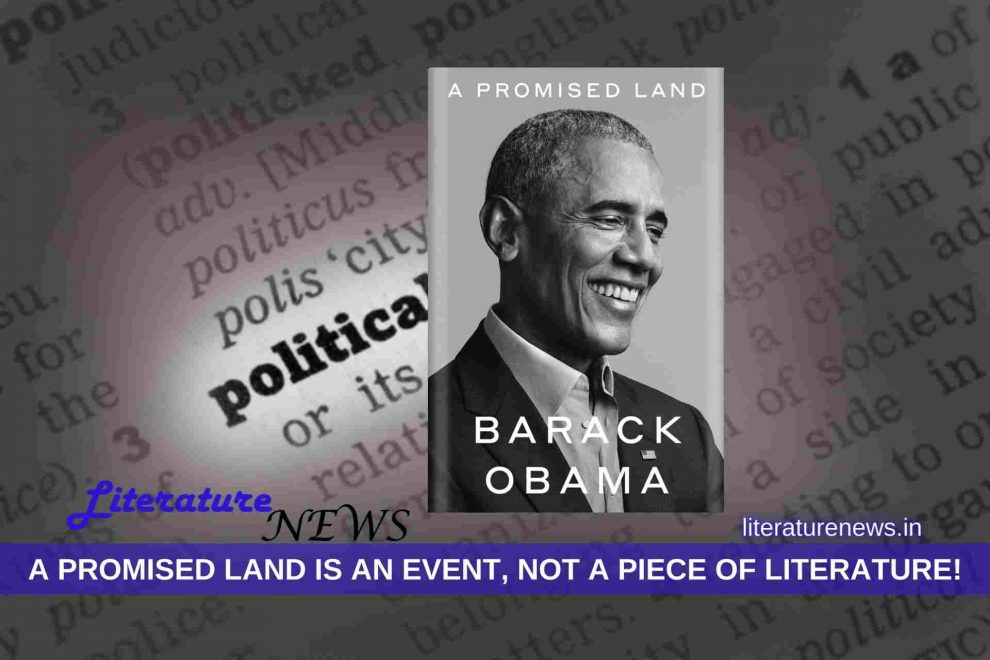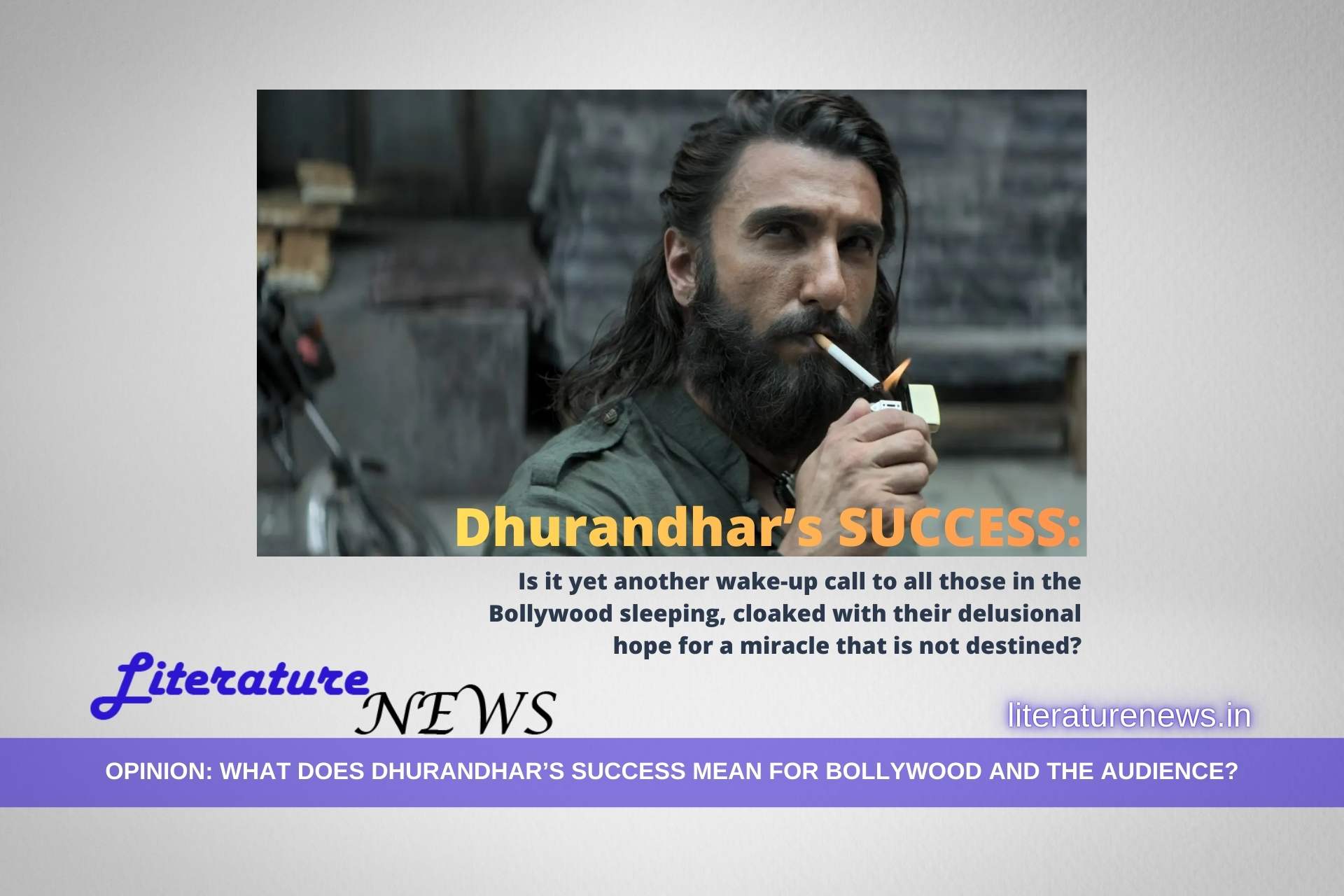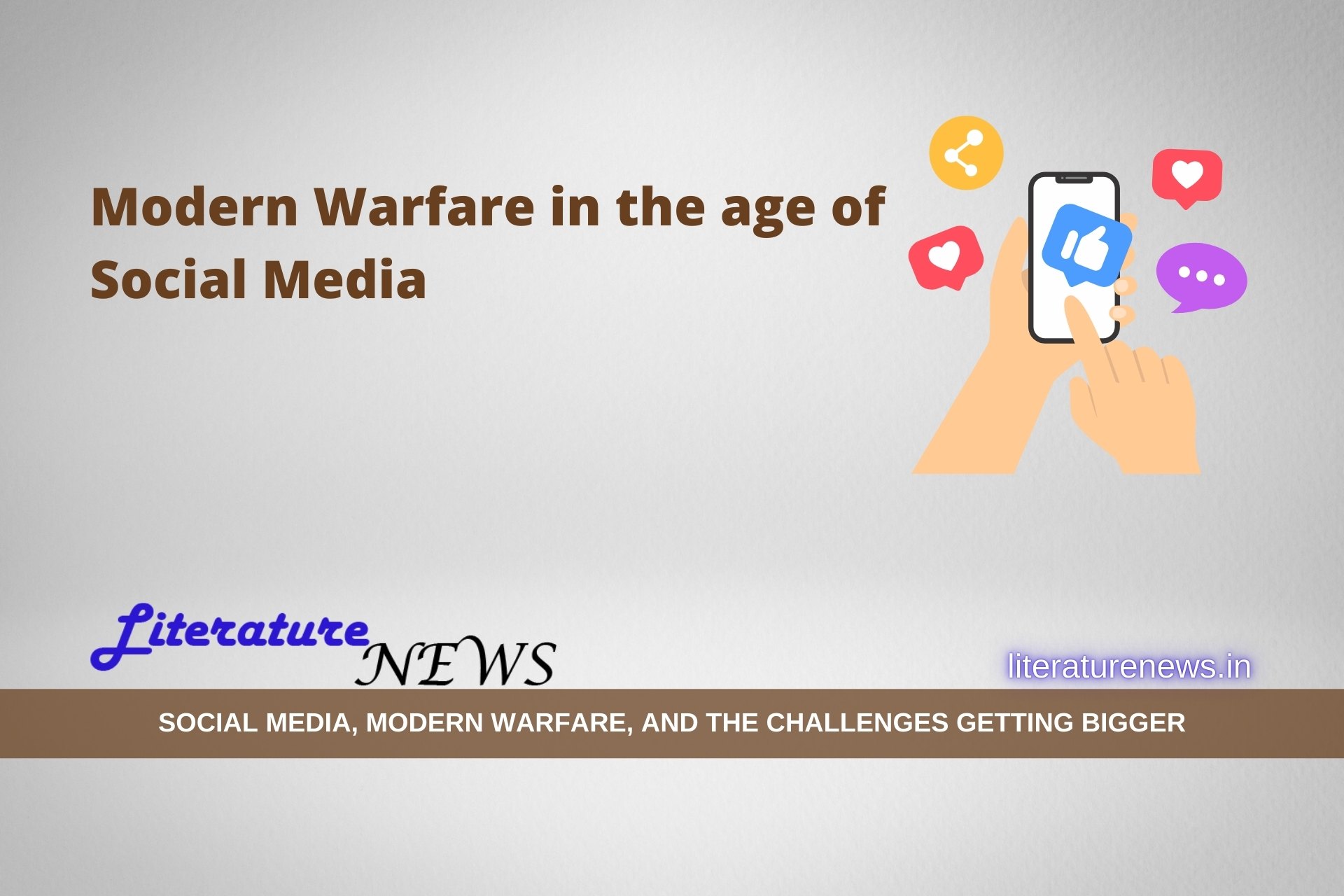There are occasions when literature goes beyond pages. And once it happens, the impressions of literature, the footprints of it, the idea of it and the ‘ideas associated’ with it can make a very BOLD, apparent and major impact. Such an example can be witnessed today when we are seeing Barack Obama’s much-debated, appreciated, criticised and popular book, A Promised Land, doing rounds not only among readers, critics and literary personalities but also among politicians, movie buffs and simply anyone who is aware of the current affairs. Why does it happen? When does (and how) literature cross the boundaries of its page numbers? Is there any conspiracy behind such events?
Literature has always been associated with other dimensions of art and many other things in human life. Literature cannot exist in a vacuum or oblivion or zero. It has to to be associated with other things. And we all know that literature has been working as a vehicle (or rather a vessel) for ideas, politics, and even social evolution. It reflects how things are; it conveys how things could be; it envisions how things should be… if we see it with this perspective (the one we are debating), entertainment and leisure are only byproducts of literary impact upon human society. Though thinking standing on this side might be hazardous!
Literature has to serve many purposes other than offering a few hours or days of respite to the readers. It depends, solely, upon the author (or producer of a piece of literature) what he or she wants to do with it. In England of the Restoration days, Drama did not only expose what was going on in the streets of London but also inspired some of it. Likewise, in India, literature during the freedom struggle did not only depict our brave sacrifices but also inspired a whole generation of youths to do whatever they could for the freedom of our motherland. The same stands for literature in any country. Poetry by Yeats was not only for the intellectual satisfaction of his readers. You will find many things hidden between the lines once you read those poems with a very alert line of thoughts.
Now, Obama’s book, if you can be patient enough to read a bulk which is more than 750 pages, has a very clear message. It is about Obama’s thoughts, actions, president-life, and many other personal and public life events that people might know already and otherwise. However, why the book is more popular than an autobiography could be? Why are politicians in India talking about it? Why are we even discussing this one? This is because the book has to be popularised. There had to be a stage, an occasion, many triggers that could herald the arrival of the book and many other things that could inspire people to read it with intentions they could generate. In India, people in politics have read it because Obama’s opinions on UPA government, Rahul Gandhi, Man Mohan Singh, Sonia Gandhi etc are there. It stirred quite a spectacle in Indian politics and people instantly knew there is some book by Obama (which might be interesting). The stage was ripe with US elections just fading into the background. Obama’s ideology, his party and his colleague won. What could be a better occasion to launch his book?
A Promised Land teaches the book PR companies in India (and the world) how to make a spectacle. However, not every author is standing on the same pedestal as Obama. Not every author can criticise political leaders and stand tall. Not every author can attract a set of media to him whenever he wants… Obama’s book is beyond literature. Obama’s book, if I may say, is more an event than literature.
Opinion by Amit for Literature News






Add Comment